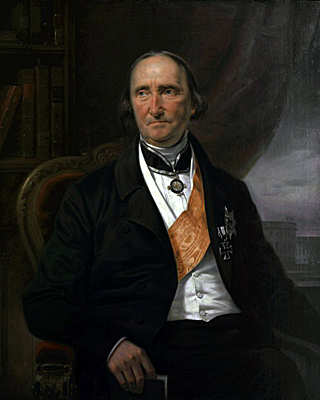Aug. 28, 2014
Porte dérobée sur le Droit
 It is therefore necessary to take the statement for granted: the law expresses "the spirit of a people." We want to believe, since Savigny stated it
It is therefore necessary to take the statement for granted: the law expresses "the spirit of a people." We want to believe, since Savigny stated it
Following the great author does not avoid explaining the meaning of such a statement. Expressing the historical conception of law means that all legal events are the result of a culture of a "people", which has been built over the centuries. Thus, because a French "people" are, there is a French law that reflects this.
If this is true, then the implications of this fact are considerable. First, in order for a law to be effective, coherent and applied, it must correspond to the "spirit" of the people to whom it applies. The legislature and the courts must make it part of their art, not to rush a historical movement, do not ignore it,but to adopt the pace. Therefore, foreign legal techniques cannot be welcome.
The most important sources of law are the most spontaneous, that is to say, those in which people forge through the centuries of usage and customs. The law written on a white sheet of paper is a mistake, unless it is itself covered by a long period after.
The legislator and the judge should have taken to the method of knowing the spirit of their society in which they move: the sociology and history cease to be ancillary to become positive law. In this, the common law rooted in its "stare decisis" better expresses this conception than does the system of Civil Law.
But more importantly, there has to be a "people" whose mind law would collect. As rightly pointed out by the German Constitutional Court in 2009, there is no "European people". So how can we build Europe? While the French, British, German, Italian, Spanish, peoples etc. have such a different mind, and that expansion now brings us to the Slavic soul?
May 28, 2010
Thesaurus : Doctrine

Référence complète : Lafarge, R., La coutume face à son destin. Réflexions sur la coutume judiciaire en Nouvelle-Calédonie et la résilience des ordres juridiques infra-étatiques, Préface d'Alain Christnacht, coll."Droit et Sociétés. Recherches et travaux", n°22, L.G.D.J., Paris, 2010, 374 p.
Lire l'avant-propos : Sur le chemin coutumier : le juge et l'ethnologie,